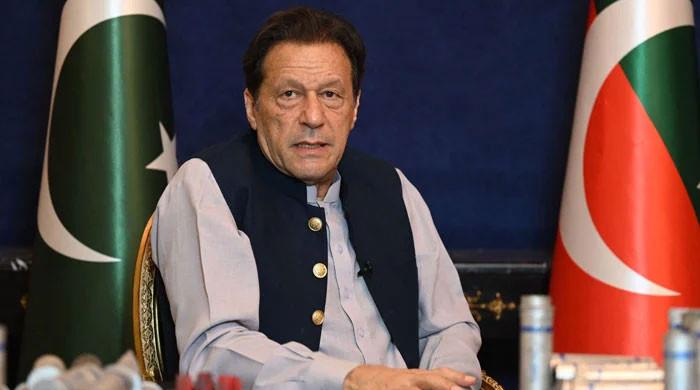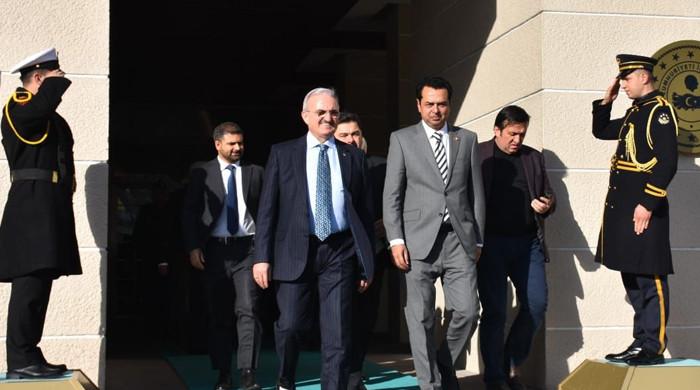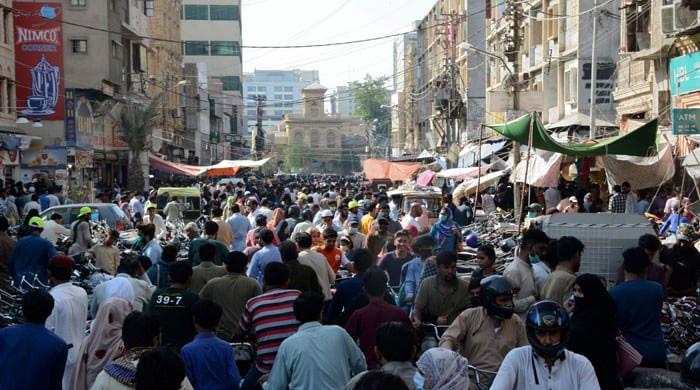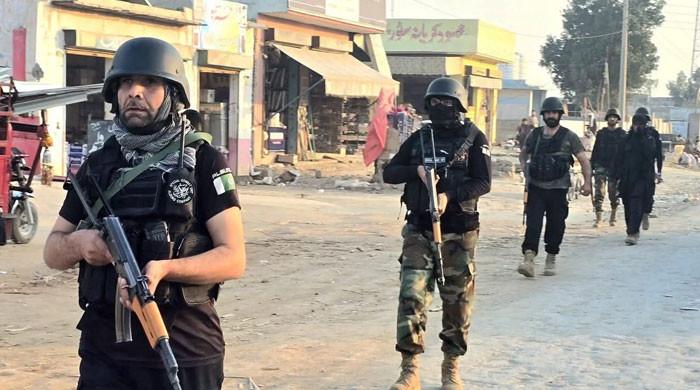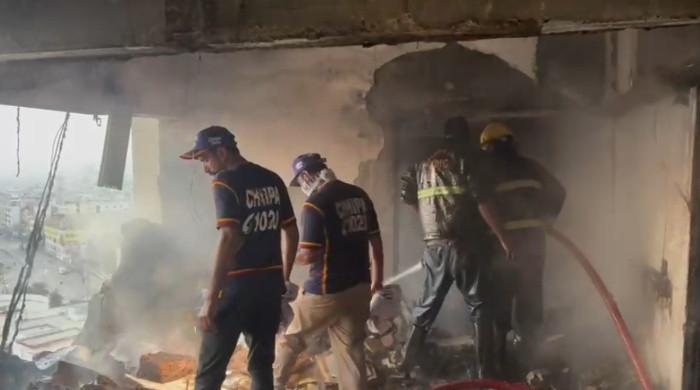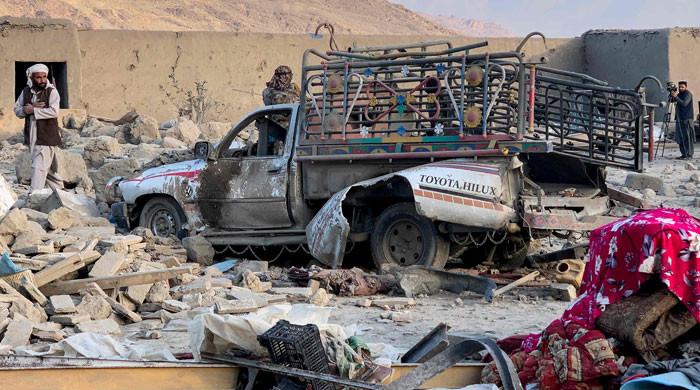News Analysis: Terrorist attacks on military installations are tactical, not strategic
Pakistan’s military infrastructure is fortified and built to endure such localised incidents.
November 08, 2023
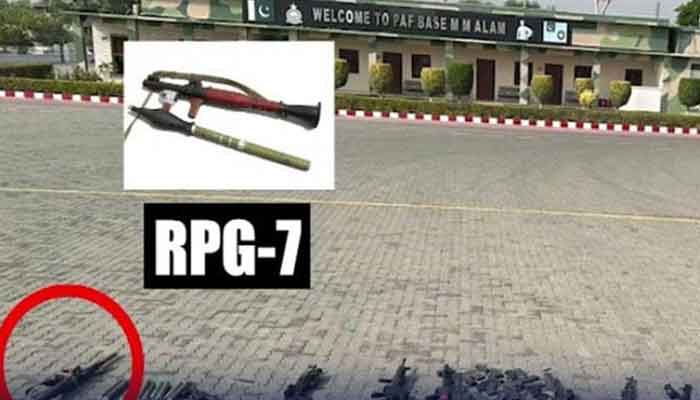
ISLAMABAD: Over the years, Pakistan has encountered terrorist attacks targeting its military installations. These incidents have been both shocking and extremely tragic. However, it is important to note that these attacks have had a negligible impact on the country’s overall strategic operational capability. Instead, they can be characterised as primarily tactical in nature.
It’s worth noting that terrorist attacks on military installations have primarily focused on personnel, equipment, or localised facilities. While these attacks are undeniably tragic and disruptive in the short term, they have not caused any enduring harm to Pakistan’s overarching military capabilities. Pakistan’s strategic operational prowess is rooted in a broader and more resilient network of military assets, strategies, and resources.
Pakistan’s military strategy includes built-in redundancy and dispersed operational assets. In the event of a localised attack, the armed forces can quickly redistribute their resources, adapt their tactics, and recover from the damage. History bears witness that Pakistan’s military is trained to endure and operate under challenging conditions. Our armed forces have demonstrated their resilience in the face of adversity, ensuring that strategic operations continue.
Terrorist attacks in Balochistan are driven by diverse underlying motives. Balochistan, with its abundant natural resources and pivotal projects such as Gwadar Port, Reko Diq, and the China-Pakistan Economic Corridor (CPEC), becomes a prime target. The aim of these attacks is to destabilise Pakistan’s economy. Anti-Pakistan elements comprehend that a prosperous Balochistan would contribute to the enhancement of the entire Pakistani economy, consequently strengthening the country’s geo-political influence. This is precisely what these adversaries seek to undermine.
The geographic scope of terrorist attacks has been confined to isolated incidents in specific areas, illustrating their inability to disrupt the broader strategic operations of Pakistan’s military. Pakistan’s military infrastructure is designed to withstand localised attacks and maintain strategic readiness, rendering these attacks ineffective in affecting the overall strategic capabilities.
Pakistan’s military infrastructure is fortified and built to endure such localised incidents. The country’s military leadership has implemented robust strategies and fortified facilities to ensure the protection of its strategic assets and operational readiness. This resiliency means that while these attacks are undoubtedly tragic and disruptive on a smaller scale, they ultimately lack the potency to compromise the broader strategic capabilities of Pakistan’s military forces. The multifaceted defense mechanisms in place are designed to mitigate the impact of such localized threats and safeguard the nation’s overarching strategic interests, which remain resilient and secure against these challenges.
Indeed, there is a broader, well-coordinated attempt to destabilise Pakistan. Nevertheless, it is vital to distinguish between tactical disruptions and more extensive strategic threats. Up to this point, all terrorist attacks on military installations in Pakistan have been localised, focusing on specific checkpoints or personnel. They lack the capacity and magnitude to undermine the overarching strategic position.
The writer is a columnist based in Islamabad. He posts @saleemfarrukh and can be reached at: [email protected]
Disclaimer: The viewpoints expressed in this piece are the writer's own and don't necessarily reflect Geo.tv's editorial policy.
Originally published in The News




